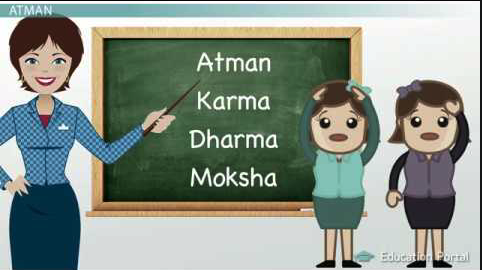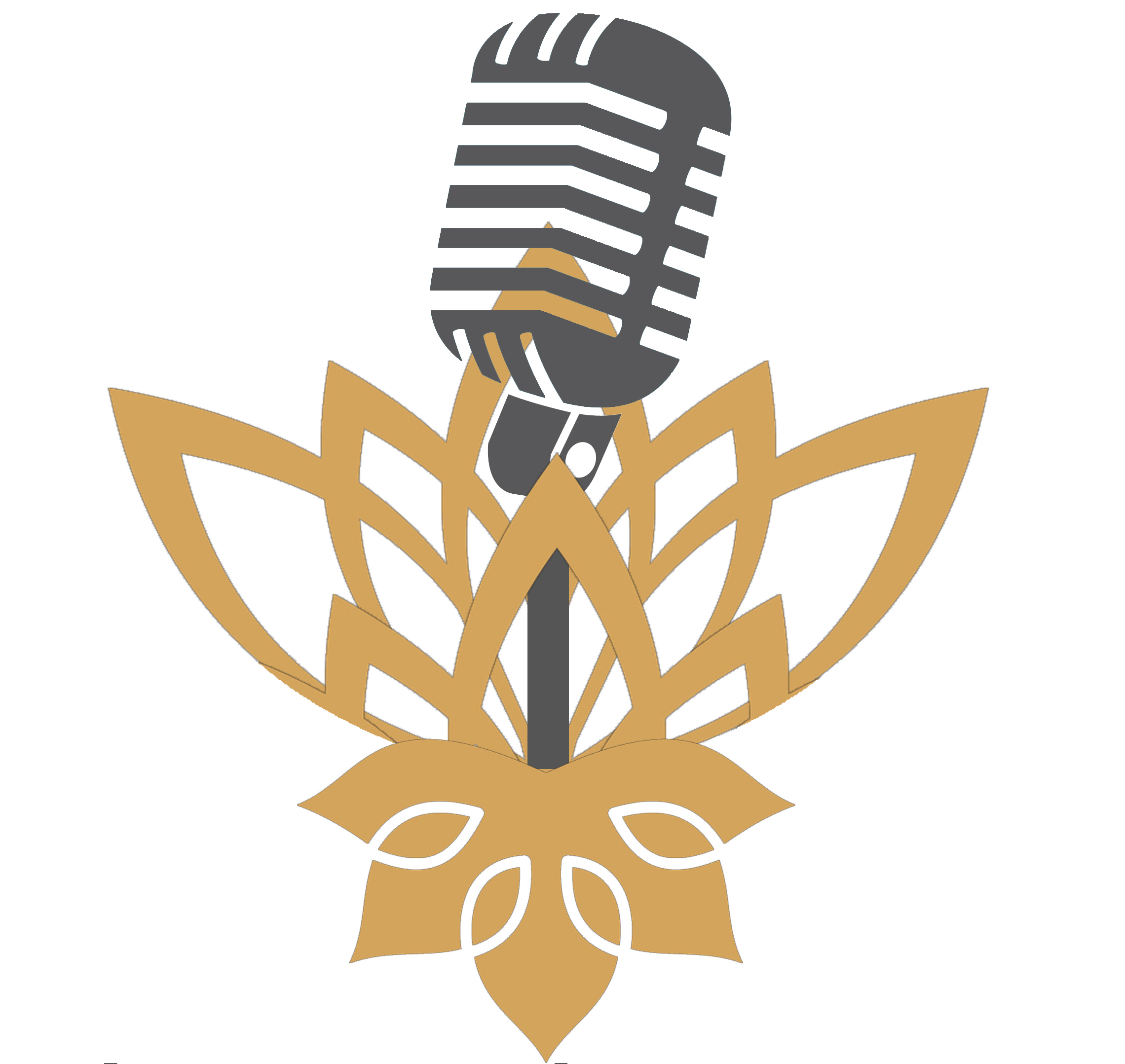This questions and answers document is prepared by a group of Hindu Speakers as a source of information for them or for any one seeking information on Hinduism. There are multiple ways of answering a single question and this group is not claiming to provide all potential answers here.

On Hinduism
The target audience is 9th grader Abrahamic students in American Schools but it will be useful to anyone interested in learning about Hinduism. All answers are designed to answer in about a 3 minute time frame. We have also provided links to other reading materials and video links relating to each question.
Considering Hindu speakers are invariably asked some sensitive geopolitical questions, we have included some potentially sensitive topics here to help speakers answer them from Hindu perspective. However we wish to clarify that this group is composed of Hindus but the group does not have any political affiliation.
Questions starting with “z” are being worked on now. We hope to list some 300 questions and answers below.
If you wish to review these questions and answers in the PDF format, here it is.
If you have any feedback on these QAs, please write to HinduSpeakers@gmail.com. Thank you.

Hindu texts are rich in vocabulary in identifying the various gendered orientations of humans. There is more that exists beyond the duality of male and female in the Hindu view. Tritiya Prakriti (third nature) is so mainstream to Hindu thought that not only is it highlighted in Kama Sutra and depicted in ornate carvings of Khajuraho temple, but it is also elaborated into subgroups. This identity is broken down into further specific subgroups, including napumsaka (gay men), sandha (transgenders), kliba (asexuals), svairini (lesbians), and kami/kamini (bisexuals). Portrayals of these groups and individuals in the literature were usually expressed in a descriptive and dispassionate voice. Their presence in ancient Hindu society was widely known, accepted and regarded as a natural aspect of humanity.
Hindus won’t be Hindus if we do not have a freedom of thought. So there it is, Hindus acknowledge the LGBTQ. Hinduism has a rich theme of LGBTQ, not only in their stories but also in their theology.
Other reading material: Hinduism Today- Tradition: Same-Sex marriage and Hinduism
Relevant videos:
URL of this page: https://www.hinduspeakers.org/ufaqs/what-are-hindu-views-on-lgbtq/
Contributor: Rajeev singh
